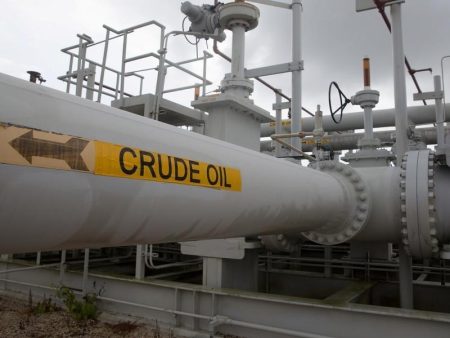By Ariba Shahid
KARACHI (Reuters) -The International Monetary Fund’s board has approved a roughly $700 million loan for Pakistan under a $3 billion bailout, the fund and the finance ministry said on Thursday.
The IMF’s completion of its first review of the programme and the board’s decision brings the total disbursements under the Standby Arrangement (SBA) to about $1.9 billion, the fund said.
“There are now tentative signs of activity picking-up and external pressures easing,” said in a statement Antoinette Sayeh, a deputy managing director at the fund.
“Continued strong ownership (of the program) remains critical to ensure the current momentum continues and stabilization of Pakistan’s economy becomes entrenched.”
The South Asian country is operating under a caretaker government and the IMF loan programme, approved in July, helped avert a sovereign debt default.
Ahead of the bailout, Pakistan had to undertake a slew of measures demanded by the IMF, including revising its budget, a hike in its benchmark interest rate, and increases in electricity and prices.
“Continuing with regularly-scheduled adjustments and pushing cost-side power sector reforms are vital to improving the sector’s viability and protecting fiscal sustainability,” Sayeh said.
An IMF mission led by Pakistan mission chief Nathan Porter concluded its visit in November. It reviewed whether Pakistan was on track to meet benchmarks set under the SBA agreed in July and signed a staff level agreement.
Under the bailout deal, the IMF also got Pakistan to raise $1.34 billion in new taxation to meet fiscal adjustments. The measures fuelled all-time high inflation of 38% year-on-year in May, which is still hovering above 30%.
The fund said that despite elevated inflation, “with appropriately tight policy” it could fall to 18.5% by end-June. It added the exchange rate has been “broadly stable.”
“IMF funding along with recent inflows from multilateral lenders will further help the Pakistani rupee, that is fairly stable (over the) last few months,” said Mohammad Sohail, CEO of Topline Securities.
He added that this new tranche would help Pakistan in getting rollovers from friendly countries like the United Arab Emirates, China and Saudi Arabia and ease external debt repayment pressure.
Pakistan’s international bonds, which had already clocked healthy gains earlier on Thursday, soared after the announcement. The 2036 issue enjoyed the biggest gains, jumping 3.5 cents to trade at 62.59 cents in the dollar, Tradeweb data showed.
Pakistan’s caretaker government, under interim Prime Minister Anwaar ul Haq Kakar, is meant to oversee a general election.
Caretaker governments are usually limited to overseeing elections, but Kakar’s set-up is the most empowered in Pakistan’s history thanks to recent legislation that allows it to make policy decisions on economic matters.
The legislation is aimed at keeping on track the conditions for the bailout secured in June.
“At a time where there are uncertainties on Pakistan’s upcoming elections, this IMF board decision will provide some confidence to other lenders and markets,” said Sohail.
Elections in the politically and economically troubled country have been scheduled for Feb. 8 after several delays. Last week the senate passed a non-binding resolution to further delay the elections, citing security concerns and a harsh winter in northern areas.
Read the full article here







